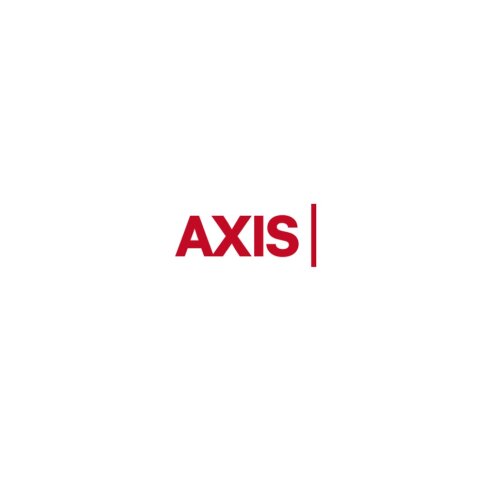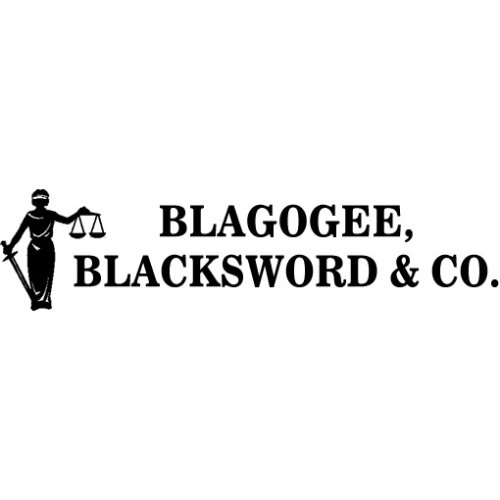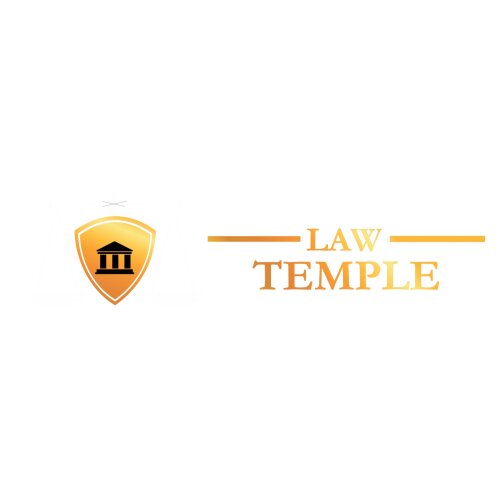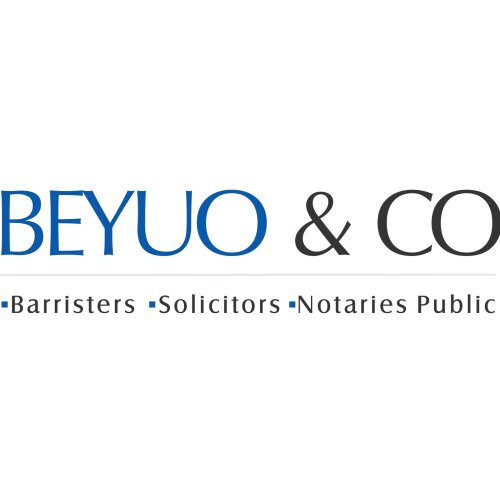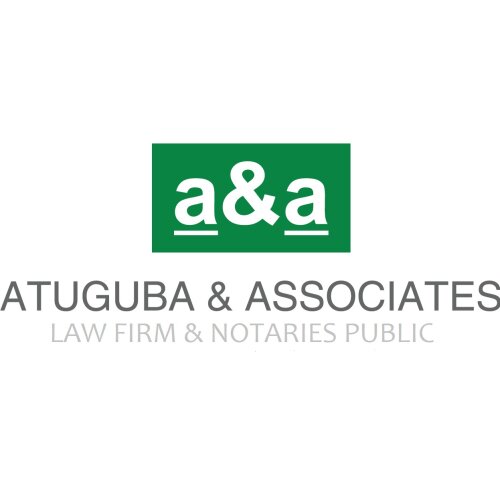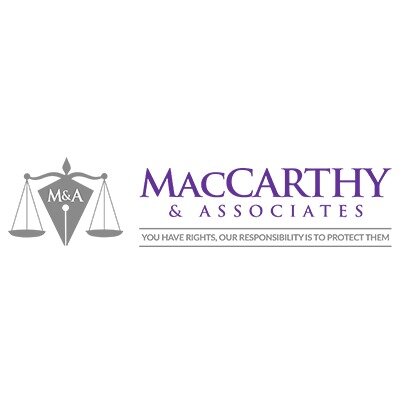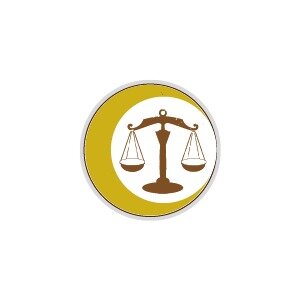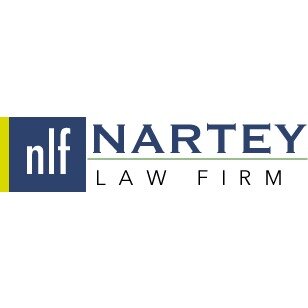Best Nonprofit & Charitable Organizations Lawyers in Ghana
Share your needs with us, get contacted by law firms.
Free. Takes 2 min.
Or refine your search by selecting a city:
List of the best lawyers in Ghana
About Nonprofit & Charitable Organizations Law in Ghana
Nonprofit and charitable organizations in Ghana play a crucial role in tackling a variety of social issues, ranging from education and healthcare to poverty alleviation and community development. These organizations are typically established as companies limited by guarantee, societies, or trusts, which allows them to operate without the aim of distributing profits to their members. The legal framework governing these entities ensures they conduct activities in alignment with their stated charitable purposes and adhere to regulatory standards established by the Registrar General's Department and other relevant bodies.
Why You May Need a Lawyer
Engaging with nonprofit and charitable organizations comes with various legal intricacies that may necessitate the expertise of a lawyer. Common situations include the formation and registration of the organization, ensuring compliance with regulatory requirements, handling disputes, understanding tax obligations and exemptions, navigating employment law as it pertains to both local and international staff, and dealing with contracts and partnerships. A lawyer can provide guidance to minimize risk and ensure that the organization operates effectively within the legal framework.
Local Laws Overview
The establishment and operation of nonprofits and charitable organizations in Ghana are primarily governed by the Companies Act, 2019 (Act 992), which replaced the Companies Act, 1963 (Act 179). Here are key aspects to consider:
- Registration: Organizations must register with the Registrar General's Department. This process involves submitting documents including the constitution of the organization, details of directors, and statements of purpose.
- Compliance: Annual returns and audited accounts must be submitted to maintain good standing. Organizations must adhere to the regulations set forth by sector-specific bodies, such as the Ghana Revenue Authority for tax-related matters.
- Tax Exemptions: While many nonprofit organizations may be eligible for tax exemptions, this status must be applied for and is subject to specific conditions outlined by the Ghana Revenue Authority.
- Governance: There are rules regarding the composition of the board, conduct of meetings, and management of the organization’s affairs to ensure transparency and accountability.
- Foreign Operations: Nonprofits involved in cross-border activities must comply with both local regulations and those in the countries they operate in.
Frequently Asked Questions
What is the process for registering a nonprofit in Ghana?
Registration involves preparing a constitution, detailing the organization's objectives, appointing directors and secretaries, and submitting the necessary forms to the Registrar General's Department. Typically, legal assistance is needed to navigate this process effectively.
How long does it take to register a nonprofit organization in Ghana?
The registration process can take several weeks to a few months, depending on the completeness of the documentation and adherence to the submission requirements.
Are nonprofits in Ghana eligible for tax exemptions?
Yes, nonprofits may be eligible for tax exemptions, but they need to apply to the Ghana Revenue Authority and meet specific conditions to qualify for these exemptions.
What are the governance requirements for a nonprofit organization?
Organizations must have a board of directors, conduct regular meetings, and keep detailed records of their activities and finances. Annual reports and audits are necessary to maintain transparency and accountability.
Can foreign nationals be directors of a Ghanaian nonprofit?
Yes, foreign nationals can be directors, but there must be compliance with immigration and local labor laws.
How are disputes within a nonprofit organization generally resolved?
Disputes are typically resolved internally according to the organization's constitution, or through mediation or legal proceedings if necessary.
What documentation is required to maintain a nonprofit status?
Regular filing of annual returns, minutes from meetings, audited financial statements, and compliance with other sector-specific regulations are needed to maintain nonprofit status.
Is it necessary for a nonprofit to have a physical office in Ghana?
While not mandatory, having a registered physical address is crucial for communication and compliance reasons. It also helps in maintaining credibility and accessibility.
How can a nonprofit legally engage in fundraising activities?
Fundraising must comply with local laws and ethical standards, ensuring transparency and accountability to donors. Specific permits may be required for public fundraising activities.
What is the role of the board of directors in a nonprofit organization?
The board of directors is responsible for governance, strategic direction, financial oversight, and ensuring the organization fulfills its mission and complies with legal requirements.
Additional Resources
Here are some useful resources and organizations for those seeking legal advice in the field of Nonprofit & Charitable Organizations in Ghana:
- Registrar General's Department: Handles registration and compliance for nonprofits.
- Ghana Revenue Authority: Manages tax issues and exemptions for nonprofit organizations.
- Department of Social Welfare: Provides oversight and support for charitable activities.
- Institute of Directors Ghana: Offers guidance and training for effective board governance.
- Legal Aid Commission: Provides legal assistance for organizations with limited resources.
Next Steps
If you need legal assistance related to Nonprofit & Charitable Organizations in Ghana, consider the following steps:
- Identify your specific legal needs, whether it's formation, compliance, tax issues, or dispute resolution.
- Consult with a lawyer who specializes in nonprofit law to gain a thorough understanding of your obligations and rights.
- Prepare all necessary documents and records to streamline the legal assistance process.
- Utilize local resources and organizations that specialize in assisting nonprofits for support and guidance.
- Establish a legal compliance plan to help your organization operate within legal boundaries and maintain good standing.
Lawzana helps you find the best lawyers and law firms in Ghana through a curated and pre-screened list of qualified legal professionals. Our platform offers rankings and detailed profiles of attorneys and law firms, allowing you to compare based on practice areas, including Nonprofit & Charitable Organizations, experience, and client feedback.
Each profile includes a description of the firm's areas of practice, client reviews, team members and partners, year of establishment, spoken languages, office locations, contact information, social media presence, and any published articles or resources. Most firms on our platform speak English and are experienced in both local and international legal matters.
Get a quote from top-rated law firms in Ghana — quickly, securely, and without unnecessary hassle.
Disclaimer:
The information provided on this page is for general informational purposes only and does not constitute legal advice. While we strive to ensure the accuracy and relevance of the content, legal information may change over time, and interpretations of the law can vary. You should always consult with a qualified legal professional for advice specific to your situation.
We disclaim all liability for actions taken or not taken based on the content of this page. If you believe any information is incorrect or outdated, please contact us, and we will review and update it where appropriate.
Browse nonprofit & charitable organizations law firms by city in Ghana
Refine your search by selecting a city.



